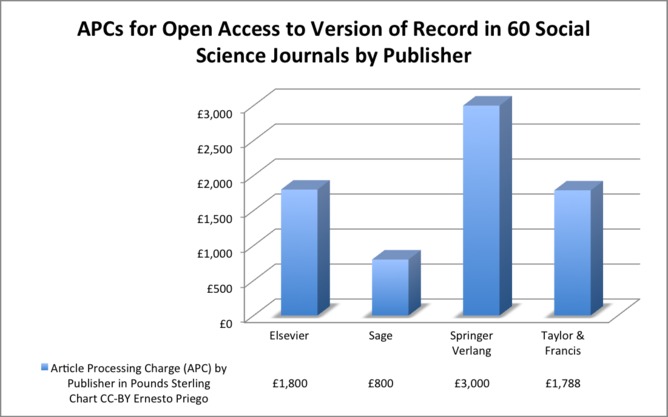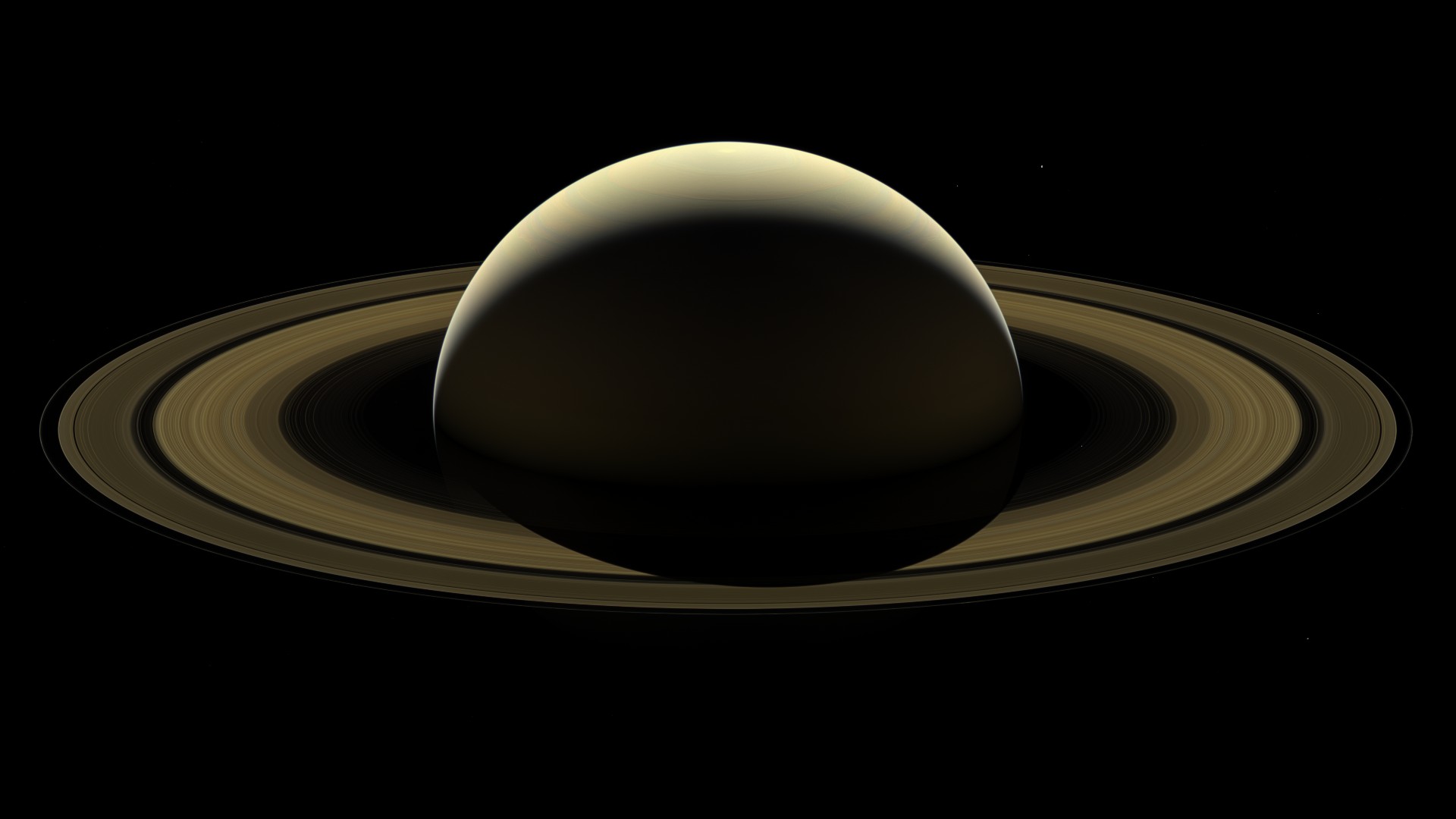
The nonprofit organization that publishes the scientific journal Science said they will be launching a new, broad-based online open-access journal, called Science Advances.
The new journal, which will be published by the American Association for the Advancement of Science, is slated to go live in 2015 with studies covering several disciplines that appeal to a wide audience. Articles that were reviewed favorably by Science but couldn't be accepted because of space constraints could be automatically considered for Science Advances, according to a statement posted in Science last week.
"Science Advances will distinguish itself from Science by its editorial model, the immediate access to papers for all readers, and the fact that acceptance for publication is limited only by the quality of the paper," the statement reads. That editorial model will involve a lead editor supported by a large group of associate editors who are also working scientists. Authors whose papers are accepted will pay a processing fee to get their papers published in Science Advances.
Follow Tia Ghose on Twitter and Google+. Follow Live Science @livescience, Facebook & Google+.
Sign up for the Live Science daily newsletter now
Get the world’s most fascinating discoveries delivered straight to your inbox.

Tia is the managing editor and was previously a senior writer for Live Science. Her work has appeared in Scientific American, Wired.com and other outlets. She holds a master's degree in bioengineering from the University of Washington, a graduate certificate in science writing from UC Santa Cruz and a bachelor's degree in mechanical engineering from the University of Texas at Austin. Tia was part of a team at the Milwaukee Journal Sentinel that published the Empty Cradles series on preterm births, which won multiple awards, including the 2012 Casey Medal for Meritorious Journalism.











